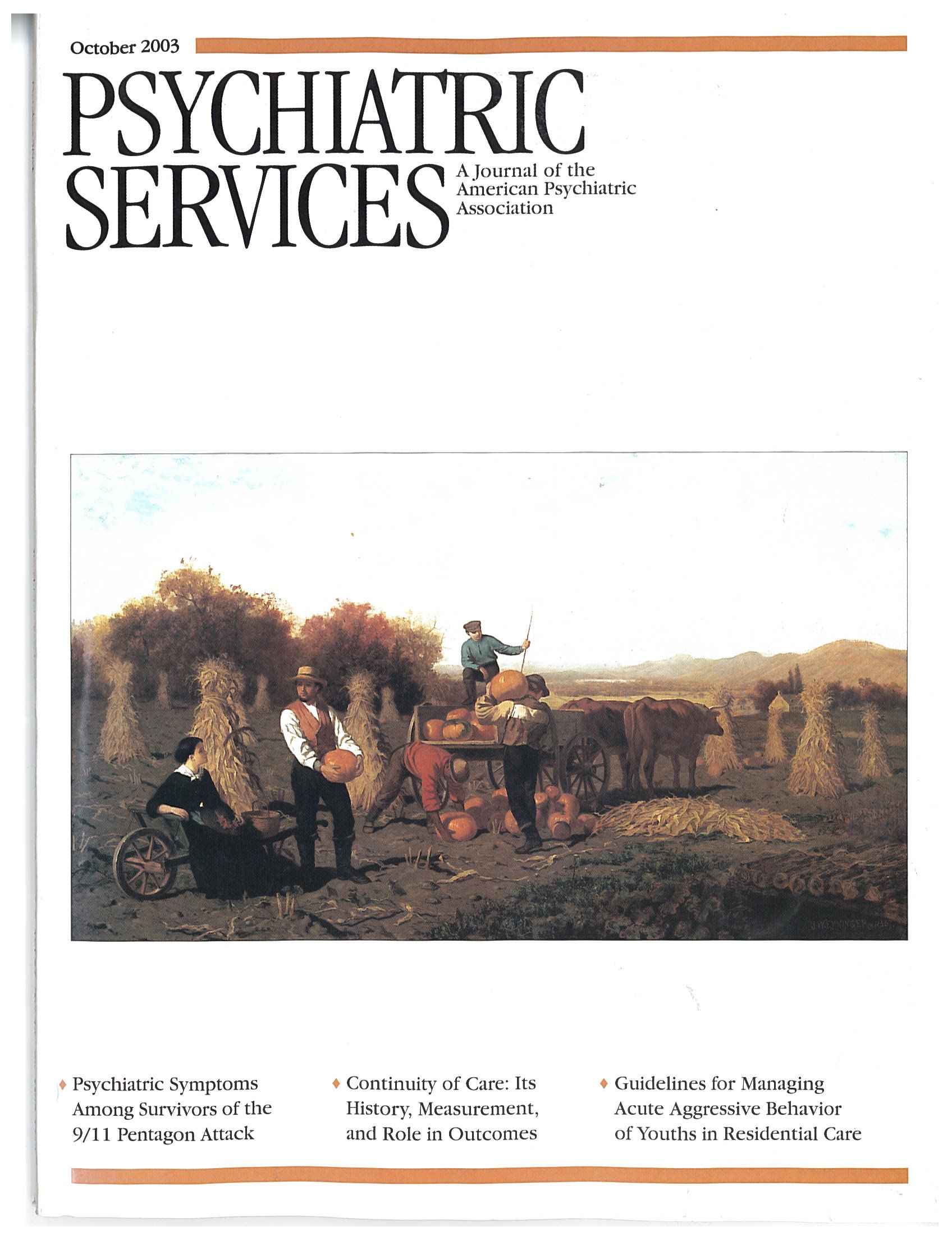This two-part monograph presents a variety of community-based service models, developed to support persons who are both mentally retarded and in need of mental health care. For the most part, it is a collection of descriptions of model programs from various locations around the United States.
The monograph is part of a series offered by the National Association for Dual Diagnosis (NADD), one of the leading organizations of mental health professionals in this field, and the list of contributors is in many ways a "who's who" of those who are active in the field. Programs are described in terms of both underlying philosophy and theoretical orientation, yet the editors have also wisely encouraged contributors to include pragmatic information about the day-to-day functions of each program. This approach allows the reader to easily envision each program in its daily operation. The obvious intent of NADD in promoting this series is to facilitate dissemination of information about best-practice models and to encourage development of additional programs.
This monograph is essential reading for any clinical administrator working in the area of dual diagnosis. However, the text also has much to offer any practicing mental health clinician who treats persons with dual diagnoses. Although not the focus of the text, a useful review of many of the fundamental clinical issues related to dual diagnosis treatment is included. These issues include the challenges inherent in attempts to apply unmodified DSM-IV diagnostic criteria to this population; the different diagnostic and treatment approaches needed, given the high rate of comorbidity of medical and neurologic illness among persons with mental retardation; and the need for specialized knowledge about the behavioral phenotypes of various developmental syndromes.
The reader will also find a good review of both the principles and practice of applied behavior analysis, a therapeutic modality that is now universally accepted as a critical component of treatment for this population yet one to which many in the general psychotherapeutic community may have relatively little exposure. Additional selected chapters cover applications of assertive community treatment for this population, a study of effective interaction between dual diagnosis clinicians and mental health emergency services, and efforts to provide training in the area of dual diagnosis to psychiatry residents.
On an even broader level, the monograph touches on some of the philosophical and ideological features of the newly developed community-based developmental disability sector as it evolved in the setting of the large-scale deinstitutionalization that started more than 30 years ago and that continues today. In useful introductory chapters, the series editors touch on the manner in which the sector often emphasized specific habilitation or rehabilitation needs, rather than focusing on the provision of treatment for mental disorders. The editors outline the manner in which systems of care that were separate from the mental health sector were developed, which furthered the process of separation of persons with dual diagnoses from mental health providers and which inevitably resulted in poor clinical outcomes and intolerable strains on the care delivery system. The awareness among professionals that persons with mental retardation could be affected by psychiatric conditions, just like everybody else, has developed slowly. The recognition that there is a need for an array of clinical services is what prompted the establishment of many of the services described in the monograph. This monograph can be seen as a review of the history of the field of dual diagnosis treatment as it has developed over the past 20 years, although this was not an objective of the authors.
The limitations of the monograph are the limitations of the field. There is still little funded research in the area of dual diagnosis treatment. As a result, there are few comparative studies on clinical outcomes as they relate to various treatment approaches or settings. In this environment, a monograph that disseminates information on what appear to be model treatment programs is both useful and necessary and should enhance interest in funding formal clinical outcome treatment trials.

